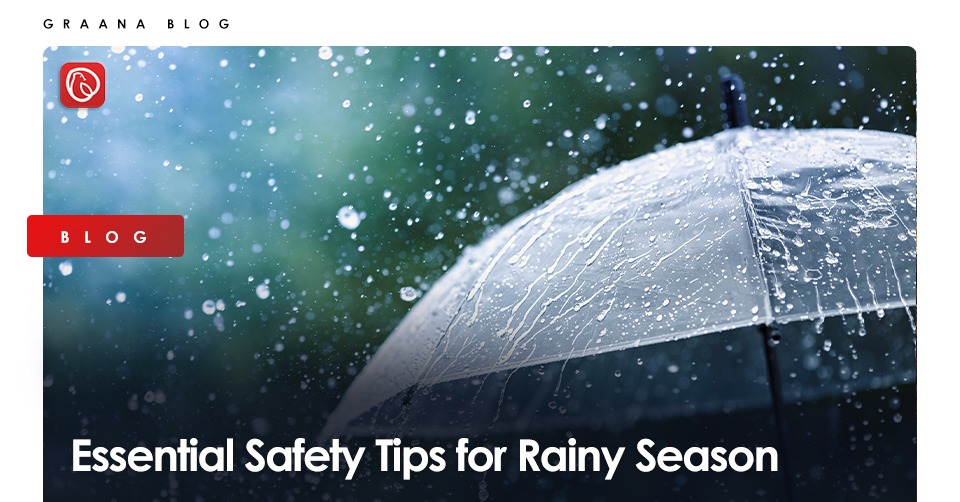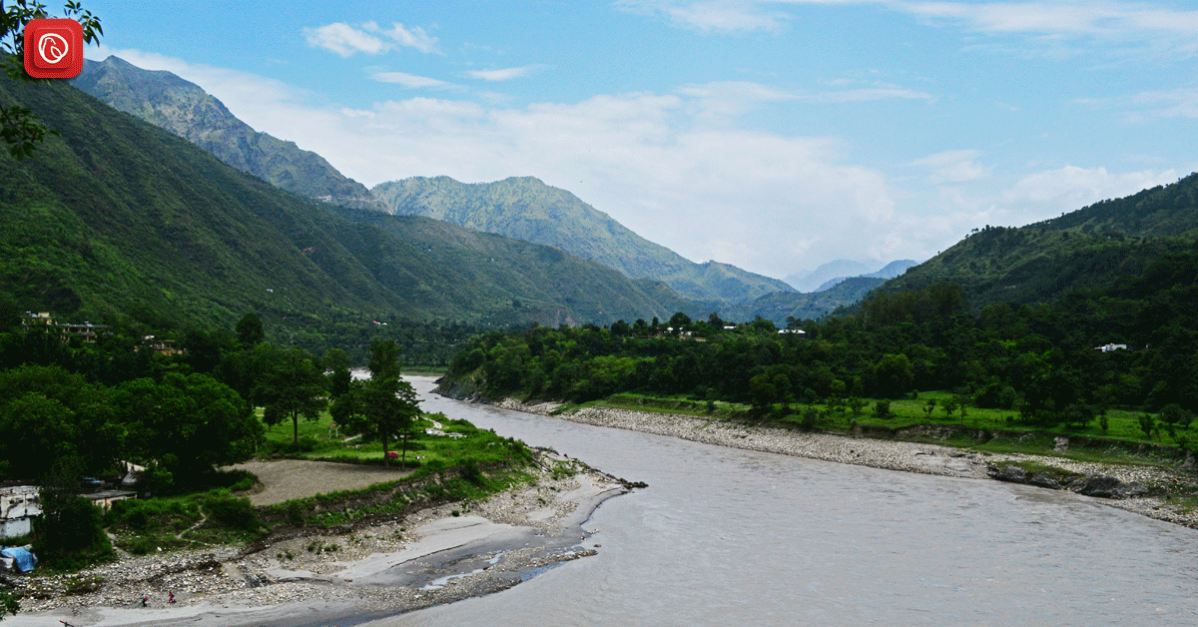Safety tips for rainy season can be a major concern for many people as excessive rain can ruin normal life patterns during monsoon. Rain is a blessing from the Almighty as it is a harbinger of good fortune and happiness. Everyone loves rain as it brings cool weather during the scorching heat. Moreover, rain is essential to balance the groundwater levels and other major water resources.
However, excessive rains, especially in monsoon, are not desirable for many as they cause several problems. Excessive rain often results in power breakdowns, floods, waterlogged streets, landslides, and many other problems. Additionally, people living in slums or areas with no proper drainage systems are forced to migrate to other places.
Therefore, it is important to consider several safety measures before the start of the rainy season. Graana.com, Pakistan’s smartest property portal, brings you essential safety tips for rainy season to help you stay safe and secure.
Major Problems during the Rainy Season

The rainy season comes with numerous problems disrupting normal life and affecting the lives of thousands of people. For people living in deserts, rain is a blessing because of the scarcity of water resources. However, in urban areas, rain can cause serious troubles. Following are the most common problems faced by people during excessive rain:
- Roof leaking
- Loose or blown roof tiles
- Leaking walls and floors
- Gutters or drains clogging
- Waterlogging in streets and leftover containers
- Broken trees and plants
- Short circuits and power breakdown
- Moss problems on concrete floors
- Overgrown weeds
- Urban flooding
- Transport problems
These are the most common problems faced by almost everyone living in urban areas during rainy seasons.
Common Diseases during the Rainy Season
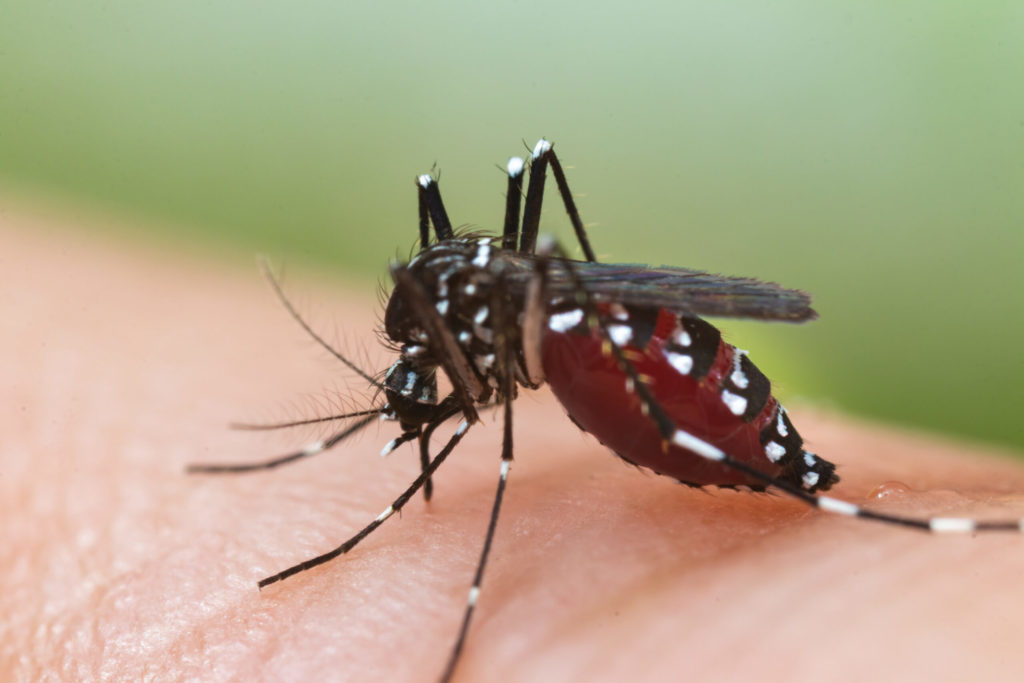
Apart from these external problems, there can be an outbreak of several diseases as well. The following are common illnesses and diseases that are caused due to excessive rainfall:
- Dengue
- Flu
- Common Cold
- Food Infections
- Cholera
- Water Infections
- Malaria
- Typhoid
These illnesses are caused due to improper drainage of water in the streets or houses, which leads to an outbreak of mosquitoes and other insects. Pakistan has been through deadly dengue outbreaks during the last few years, causing the deaths of hundreds of people.
Safety Tips for Rainy Season
To avoid the above-mentioned problems during the rainy seasons, it is essential to adopt certain safety measures. These safety measures not only keep diseases away but also help with several other problems. Following are some of the best safety tips for rainy season that can help you:
- Presence of Rain Gear
- Stock up items of everyday use
- Timely cleaning of drainage system
- Roof maintenance
- Presence of necessary drainage equipment
- Protection of items in the yard, balcony, or garden
- Tree maintenance in lawns
- Protection and maintenance of electrical wires and equipment in house
- Protection against bugs and insects
- Presence of an emergency kit
- Keep up with weather updates
These are the most important measures that can help you stay safe during excessive rains. Let’s discuss these rain safety tips for rainy season in detail.
Presence of Rain Gear

Getting stuck in rain outside and being soaked can cause rapid changes in body temperature resulting in common cold, flu, or fevers. To avoid these situations, the presence of essential rain gear such as raincoats and umbrellas is important.
During excessive rains, there can be a need to go out and purchase essentials such as food items. Therefore, umbrellas or raincoats can be life-savers in such moments. It not only protects you from rainwater but also protects against diseases.
Stock up items of everyday use
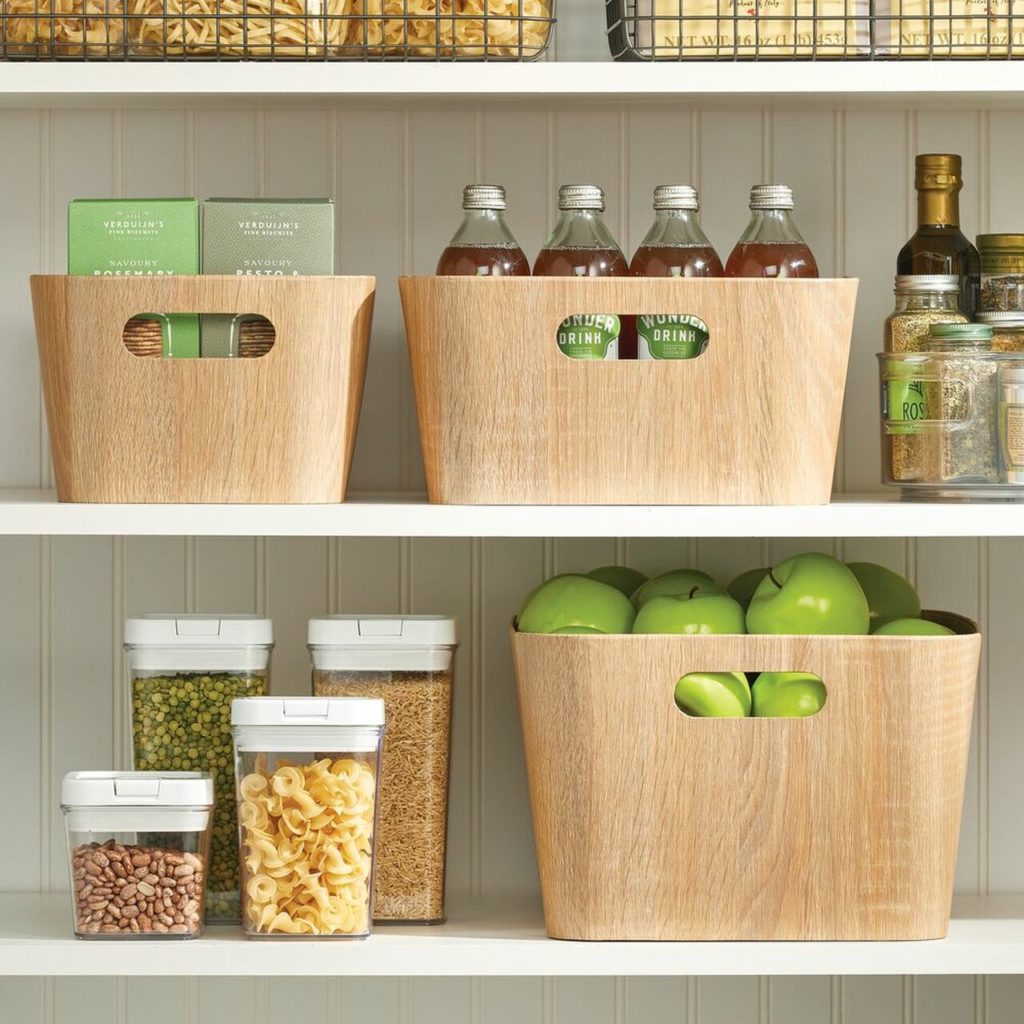
During excessive rain, streets get drained due to clogging and everyone tries to stay at home. Shops and utility stores are also closed during this time leading to a shortage of necessities in the community. Before the start of the rainy season, you must be aware of this factor and stock up on items of everyday use.
Make sure you have enough food items, drinks, and medications in storage in case you are forced to stay at home for extended time durations. If you are living near any pharmacy or mall, you need to get these items as soon as possible. Due to excessive rainfall, problems might get intense and according to the situation you should be prepared.
Timely cleaning of drainage system
One of the major issues during the rainy seasons is the clogging of drains. It leads to water accumulation in streets or courtyards of houses leading to overflowing of underground stormwater tanks or gutters. During heavy rainfall, not all rainwater gets soaked, and excessive water mainly enters the storm drains or underground water storage systems.
Several types of dirt, debris, leaves, twigs, and heaps of garbage in streets can cause serious clogs. Stormwater tanks and storm drains cannot direct water to proper storage areas, which leads to overflowing. Therefore, to avoid these water accumulation problems in streets and courtyards, it is essential to clean the drainage system timely.
Government bodies and municipal authorities should take proper care of drainage systems before the start of monsoons to avoid problems during excessive rain. In Pakistan, rainwater is mainly directed to nullahs in urban areas. Authorities maintain regular drives to clean these nullahs, otherwise, it can result in urban flooding.
Roof maintenance
Roof leaks cause headaches for people during excessive rain. Most people are unaware of the conditions of roofs in their houses due to carelessness. When monsoons rains come, these roofs start leaking and cause serious damage to house structures.
Cracked roof tiles, non-standard roofing material, and gaps between the connection points cause roof leaking problems in most cases. Therefore, roof maintenance is essential before the start of the rainy season. Waterproof barriers along with other roof covering equipment can prove to be effective in such cases. Moreover, you should seal the joints between tiles properly.
In modern construction structures, where RCC and RBC slabs are used for construction, tarpaulin or PE plastic is effective as they cover the surface and do not allow any moisture to seep through the roof surface.
Presence of necessary drainage equipment
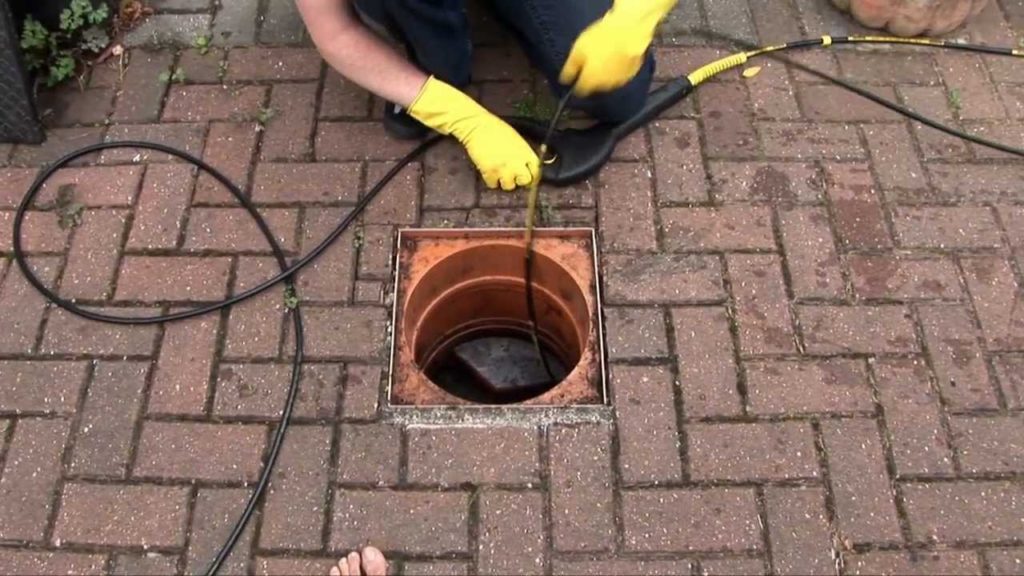
Apart from prior cleaning of the drainage system, you need to have necessary drainage equipment at your home in case of emergency clogs. Apart from all of these preparations, you need to be prepared for unexpected situations as well. Hand-driven augers or snake cleaners are the most effective equipment to use in such conditions. You need to have the following equipment to prevent unexpected clogs:
- Plungers
- Plumbing Hardware
- Wire Brushes
- Drain Cleaning Chemicals
- Hydro-jetting Cleaners
- Air-burst Cleaners
Protection of items in the yard, balcony, or garden
Monsoon rains are completely different from normal seasonal rains because of their excessiveness and long durations. So, to prevent essential house items in the yard, balcony, or garden of houses from any kind of damage, you must shift them inside. If you do not have enough space inside, you should cover them properly. Otherwise, you might suffer losses.
Tree maintenance in lawns
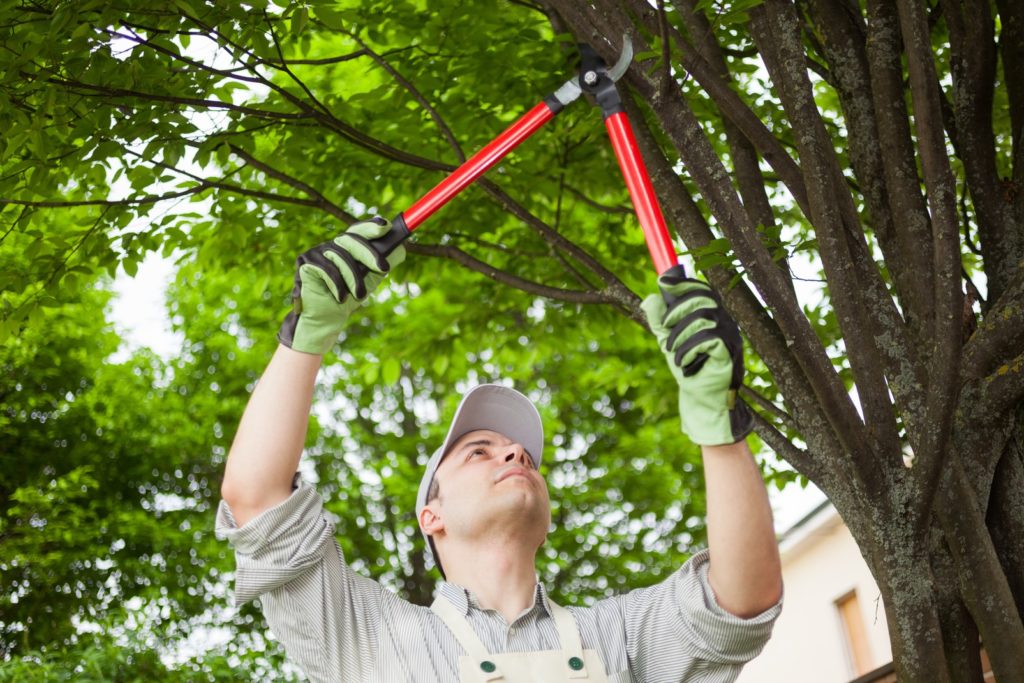
During monsoons, intense thunderstorms and windstorms are common in most areas. It causes trees to fall and damage houses severely. It can also lead to clogs or water accumulation in houses or streets. Therefore, it is essential to maintain trees in proper shape.
Pruning is one of the most common tree maintenance practices to remove dead branches, improve tree structures, and enhance tree growth. Dead and problematic branches should be removed timely, otherwise, they can fall due to strong winds. Therefore, to avoid any damage to your house due to trees, maintain and prune trees on your lawns properly.
Protection and maintenance of electrical wires and equipment in house
During the rains or monsoons, there are higher chances of incidents related to electrical wiring and equipment in houses. High-velocity, incessant winds, and furious thunderstorms cause electricity disruptions. Moreover, water accumulation can cause electrocution incidents.
Therefore, you must maintain and protect electrical wires and equipment in your house properly. Following are some ways you can opt to make electrical equipment at your home safe and protected during the rainy season:
- Check for any malfunctions in outer electrical devices such as circuit breakers, sockets, plugs, switches, and fuses that might be exposed to rainwater. Get them replaced as soon as possible or cover them properly with some plastic sheet.
- Install the doorbell with waterproof cap protection to ensure safe operation. During excessive rains, doorbells can cause electrocution incidents if they are not covered properly.
- Inconsistent electricity breakdowns result in damage to motors and electrical appliances such as washing machines, dryers, refrigerators, freezers, and furnaces. So, to prevent such losses, it is recommended to cover these appliances properly, or you should plug them out during the unnecessary time.
- All electrical appliances must be properly grounded to avoid any incidents from high power static currents.
Protection against bugs and insects
During excessive rainfall, mosquitoes, cockroaches, scorpions, ants, snakes, termites, and others come out of the grounds. They cause severe illnesses and diseases such as dengue, common colds, fever, flu, etc. Therefore, you must keep bugs at bay during monsoons or rainfalls.
You can use the following traditional methods to keep these away from your house:
- Barricade indoors by closing off all openings and filling in cracks in the home’s base, fascia boards, exterior walls, floors, and other such places.
- Unclutter your mess because mosquitoes and other insects find places to live in these areas.
- Clean out stagnant water because it is a breeding ground for insects and bugs.
- Keep wooden items dry to prevent ants and termites from attacking.
- Use basil, mint, chrysanthemum, and bay leaves, as they are natural pesticides. They will help you keep these insects away from your homes.
Presence of an emergency kit
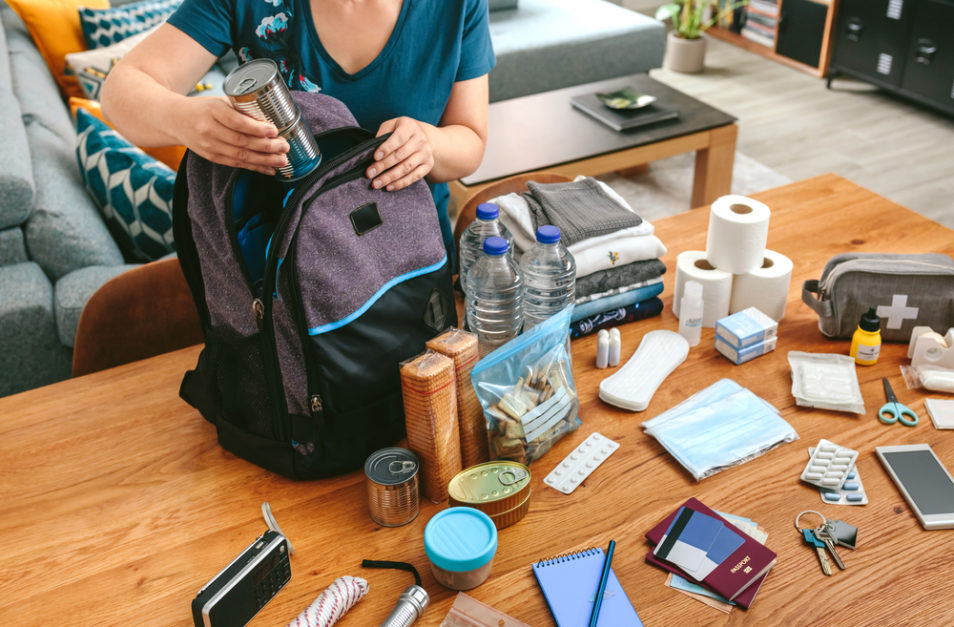
Flash flooding, incessant electricity breakdowns, thunderstorms, and excessive water accumulations cause severe problems during the rainy season. Therefore, it is important to have an emergency kit at your home. To cope with unexpected situations, your emergency kit needs to have the following items:
- Water
- Extra umbrellas and raincoats
- Disinfectant wipes
- Supply for coolant or motor oil
- Work Gloves
- Non-perishable food
- First aid kit
- Health and sanitation products
- Emergency gear such as flashlights with batteries, multipurpose knife, matches
- Essential Documents and money
Keep up with weather updates
While you are stuck inside your home for several days now, you should keep up with the weather updates. It will help you keep track of your emergency supplies and take measures to prevent disease outbreaks.
Moreover, it can also help you to assess the situation in severe rainfall for migration to dry areas.
Rain is a blessing during the scorching summer months. Moreover, rain gives hope to farmers for better crop production. However, during extreme conditions, it can easily turn into a curse. In such conditions, you must take safety tips for rainy season into consideration.
For more information, visit Graana.com – Pakistan’s first online real estate marketplace.
Read More
